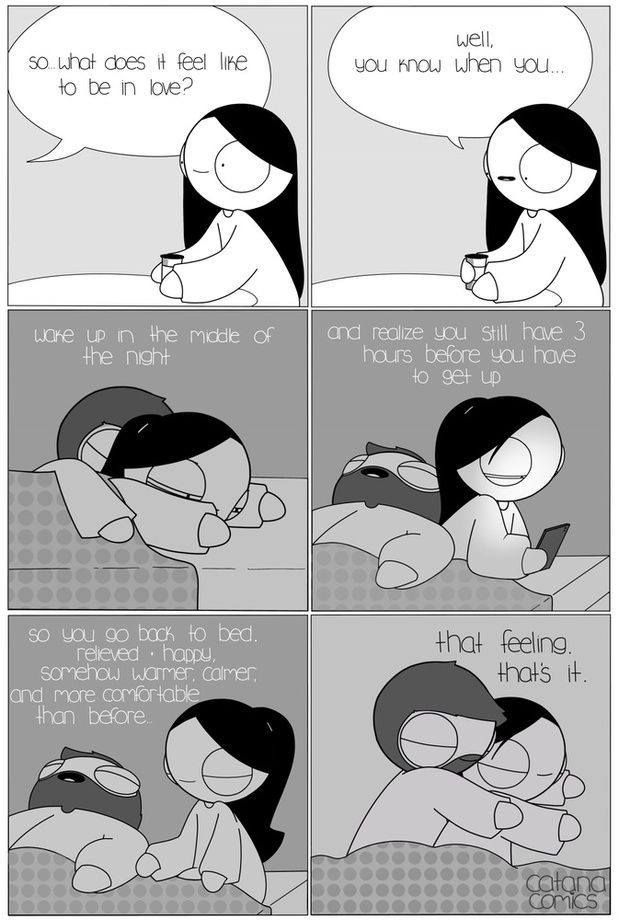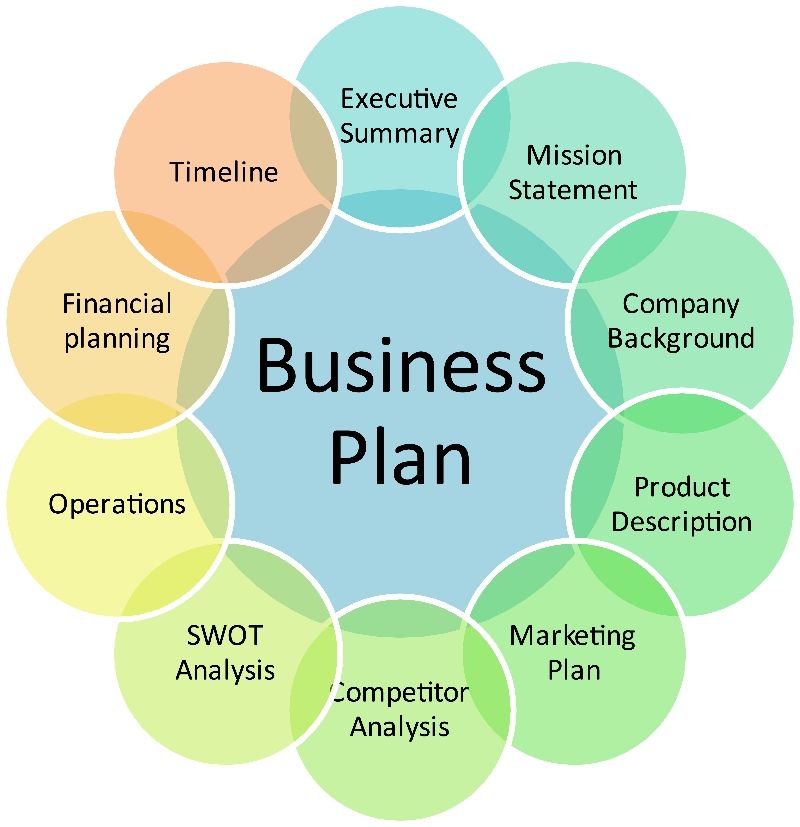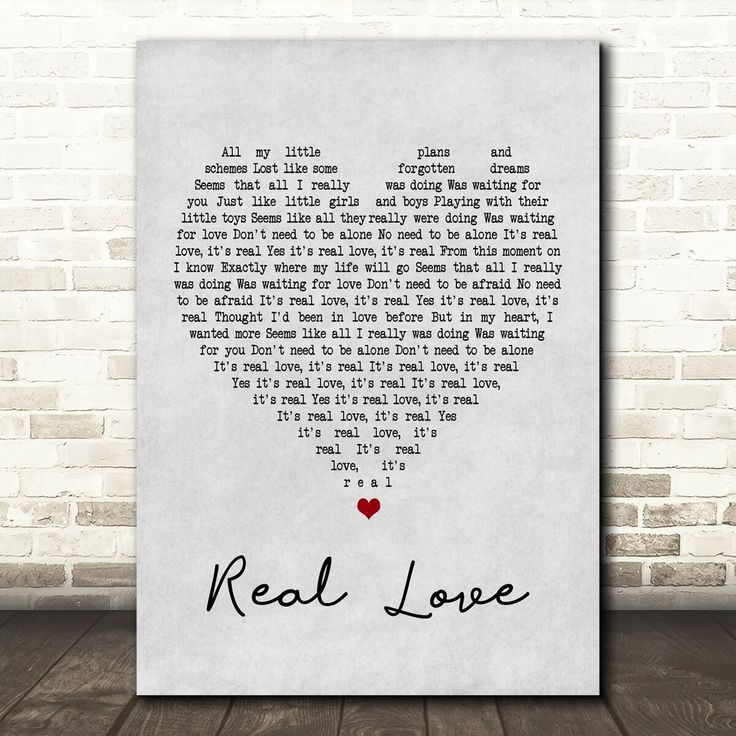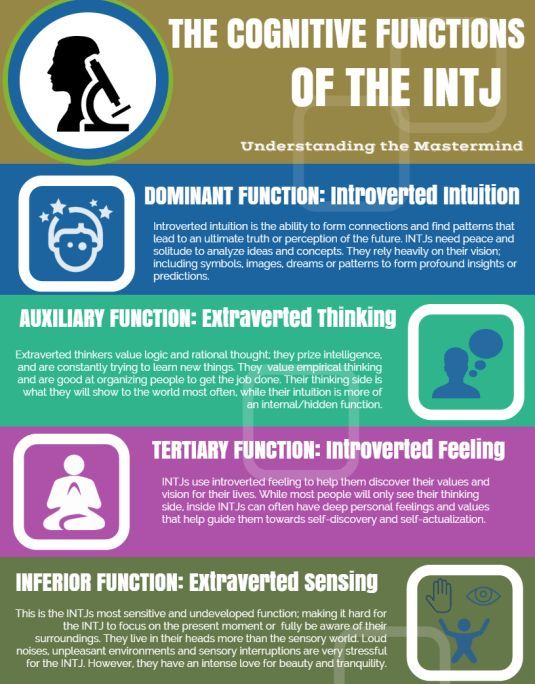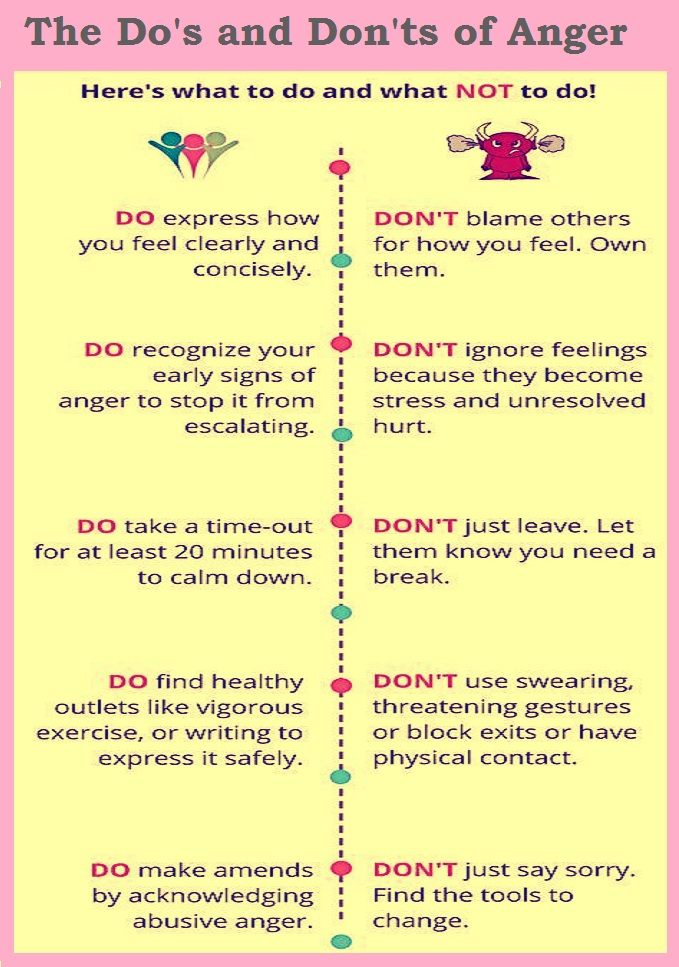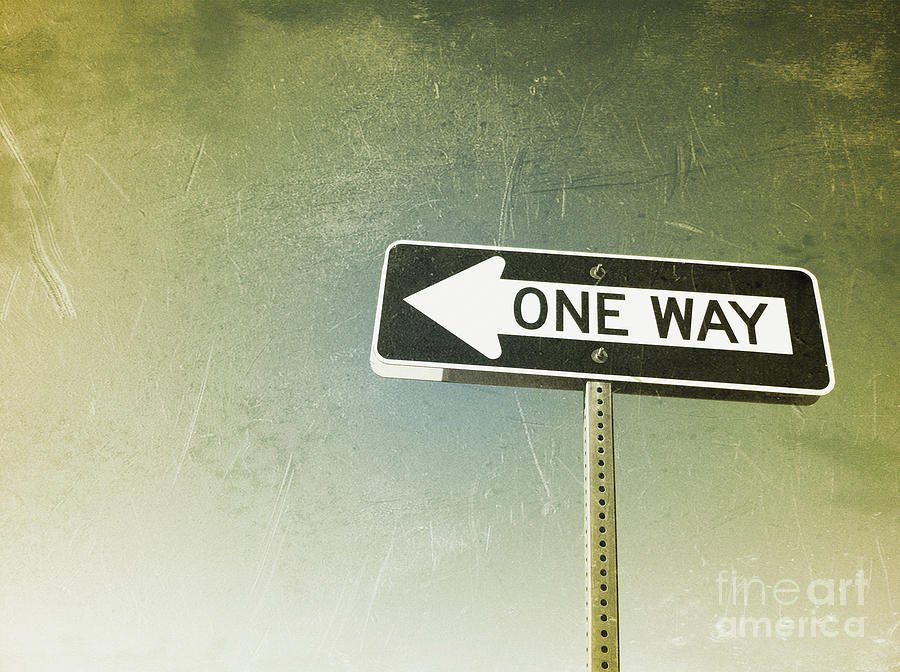Who is a dad
Experts Weigh In on Definition & Meaning
Father, dad, pops, old man, papa.
There are a lot of different names for dads out there.
But when it comes to father vs dad, is there a difference? Do they mean the same thing, and do they evoke the same emotions?
Most people agree that “father” is a biological title and little more. Any male parent is technically a father… simple as that. The title of dad is earned through hard work — nurturing, bonding with, and supporting your child for the long haul.
Not everyone, however, sees it quite the same way — in the end, the words are subjective and mean different things to different people.
Below is some insight in the dictionary definitions of these two titles, opinions from experts, and my own thoughts on the difference between a dad and a father.
What does the dictionary say?
Merriam-Webster doesn’t offer much clarity on the difference between these two titles for men.
For “father,” they write:
- a male parent
- a man who has begotten a child
Pretty straightforward!
Now here’s the definition of “dad”:
- a male parent
Even less clarity there!
So essentially, the difference between a father and a dad is a cultural one that stems from the feelings, memories, and emotions that those words evoke in the people who hear them.
At the end of the day, dad is just an informal name to describe a father — although, in context, there seems to be a great difference between the two.
I also think it’s interesting that the word “father” can be used as a verb, as in to originate or take responsibility for something (like fathering a plan).
Dad can only be used as a verb in a silly or sarcastic way, like, “Oh man, I was dadding so hard today — I’m exhausted!”
The best quote that illustrates the difference between father vs dad
I spoke to a number of parents and experts for this article, and one quote seemed to pop up over and over again.
Here it is:
“Any man can be a father, but it takes someone special to be a dad.” – Anne Gettes
This one simple line seems to capture the sentiment of nearly everyone I surveyed.
Anyone can be a father, but being a dad is something you earn.
My take
When I hear the word “father,” I think about cold and distance.
It’s certainly the word I would use to describe a male parent who’s not particularly involved in his child’s life.
But I can also see using the word “father” to describe a distant, authoritarian parent. A man who shows up and instills discipline and work-ethic but drops the ball on love, affection, and support.
The word “dad,” to me, is full of love.
It speaks to a stronger bond, laughter, silliness, affection, and good memories.
A dad shows up and does what’s required of him as a parent, but he goes above and beyond to form positive, healthy relationships with his children.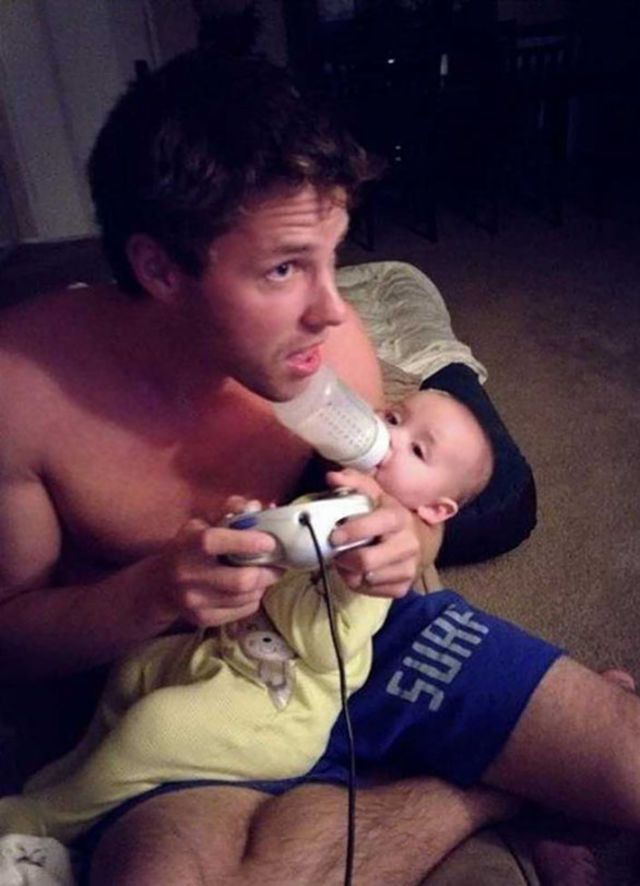 He’s a force for good in their lives, bringing laughter and unconditional support.
He’s a force for good in their lives, bringing laughter and unconditional support.
That’s the kind of relationship I had with my own dad and I don’t think I ever once referred to him as my “father.”
What other people & experts are saying
So we know what the dictionary says about fathers and dads, and I just gave you my own personal opinion.
But I also polled a number of other parents and experts on the topic.
Here’s what they said:
“A father… is genetically connected to the child, yet may not be parenting or doing the day to day tasks for the child.”
“He could be categorized as the provider, meeting the basic human needs for the child financially, however, he is not their emotionally or even physically and live elsewhere due to divorce, adoption or abandonment,” writes Jeanette Yoffe, M.A., M.F.T.
(Yoffe is the Executive Director and Founder of Celia Center, a support center for all those connected by foster Care and adoption, as well as a family and child psychotherapist.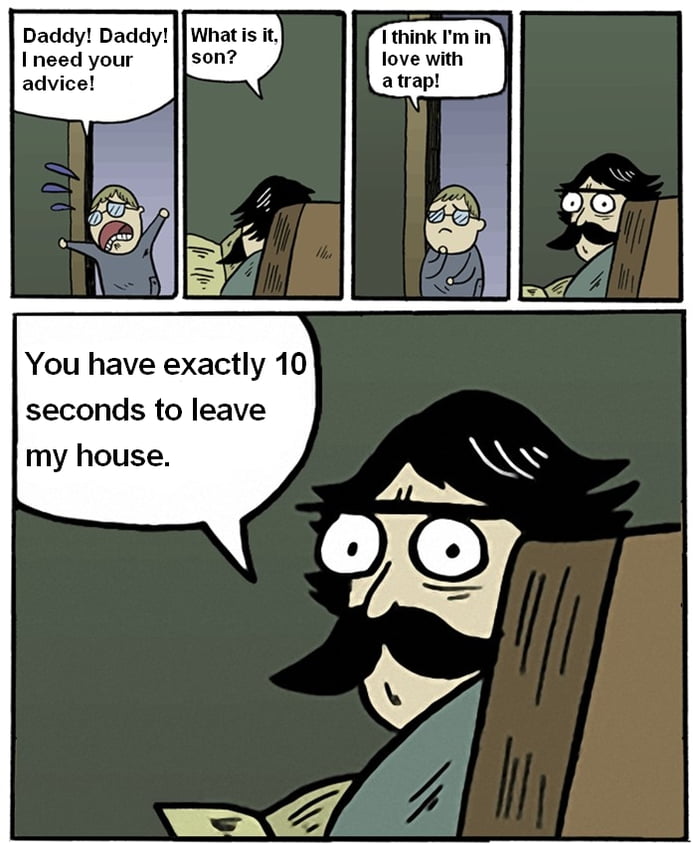 )
)
“A dad… shows up and tucks them in at night,” she adds. “He is the one who develops an everlasting role and influence in their child’s life, through connection, guidance, and love.”
“More and more today, the identified ‘dad’ is not even the biological father, and becomes the dad by the emotional attachment established with the child either through foster care, adoption, step-families and even by creating a nurturing figure in the child’s life.”
“Fathering can be seen as an act of nature while being a dad is an act of nurturing.”
“I consistently see ‘Father’ noting the paternal role of the parent, but also it suggests some distance, perhaps even disconnect.”
“While, when people use the term ‘Dad’, I generally hear a suggestion of the person feeling connected, a closeness or bond, with that person,” writes Bri McCarroll, a licensed couples therapist specializing in couples retreats and workshops.
“It’s interesting to see people use both of these terms, such as ‘My father moved away but I spent time with ‘my dad’ (a stepfather) during the week instead,’ she adds. “Again, ‘dad’ suggests a connection, a familiarity, a love.”
“Again, ‘dad’ suggests a connection, a familiarity, a love.”
“A dad chooses to be involved and commits himself to being there for his children physically and emotionally.”
“I think there is a big difference between a father and a dad,” writes dad Mike Collins from Dadsense.
“Father is a biological term and there’s no great achievement involved in becoming one. Many fathers choose to disappear and have nothing to do with their children after helping bring them into the world. But being a dad is not a one-time thing.”
“Dads push their kids on the swings, attend as many recitals and soccer games as he can, and makes his kids laugh their hearts out at the dinner table. Being a dad is awesome.”
“Father – responsible for 1/2 the genetic material in a child.”
“Dad – present, supportive, loving, playful relationship with the child he is responsible for either biologically or as step Dad or adoptive Dad,” writes Dr.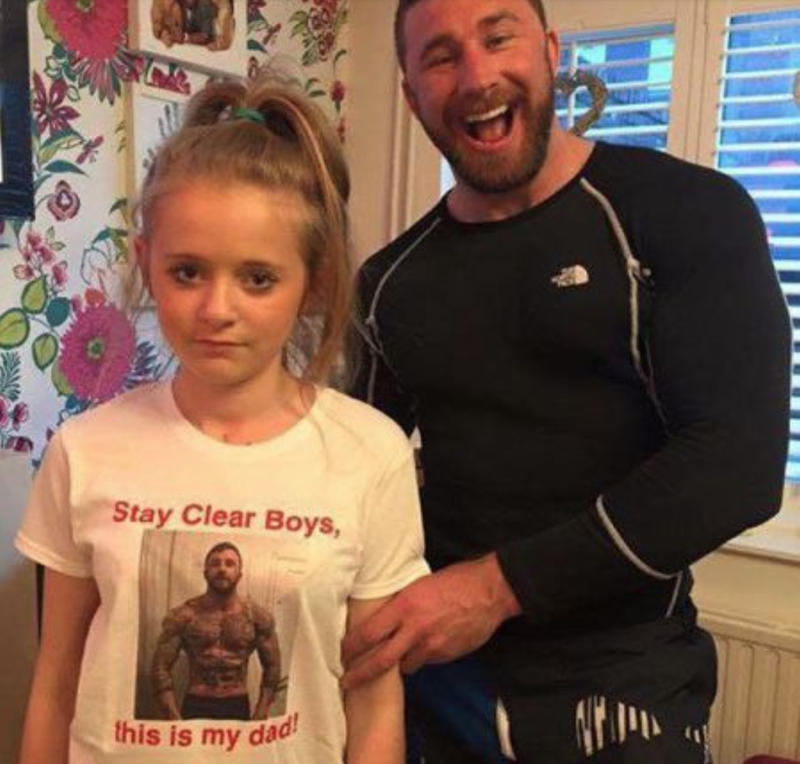 Richard Horowitz, an expert and coach on family-centered parenting.
Richard Horowitz, an expert and coach on family-centered parenting.
“Being a father merely means you caused a woman to become pregnant. A Dad is a man who takes on the responsibility of fathering in the fullest sense.”
“The short answer is that anyone can be a father. Not everybody is cut out to be a dad.”
“Dads make sacrifices for their children,” writes an anonymous dad I spoke to via email.
“Dads are present. Dads are leaders and examples for their children to admire and strive to become. Dads are ready with the kind words, the hard truth, and the necessary silence. Dads establish balance and peace. Dads are inclusive and encircle the whole family. Dads teach and provide.”
“Dads are reliable and strong,” he adds, “not necessarily as muscular giants, but as ever-present pillars to lean on.”
“Dads endure—not necessarily because of overwhelming stamina, but because they have an overwhelming purpose.”
“Dads build and fix things—not necessarily from a natural handyman ability, but because creation and repair is an essential part of life.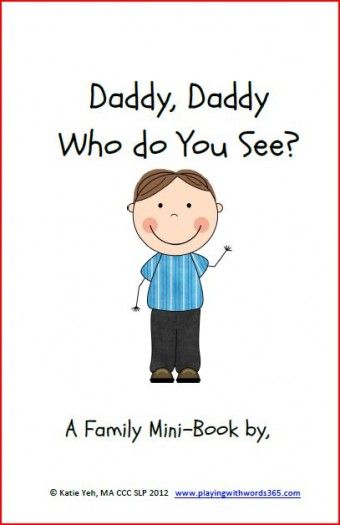 ”
”
“Great dads are rare. Some are hard to recognize because they’re still working on becoming such.”
The other side of the coin
The general consensus seems to be that Dad is the superior title, evoking love and commitment, while Father reflects little more than biology.
But not everyone sees it quite that way.
There are plenty of people who have a more positive view of the word Father, viewing it as a title that reflects strength, wisdom, and virtue.
Dad, for these folks, can carry some negative connotations — think the goofy dad who loves to play and have fun but can’t be bothered with serious responsibilities.
Your view of these two words is likely colored in great part by your own experiences growing up and the people you surround yourself with now, but there’s no true right or wrong interpretation.
Wrapping Up
I side with the majority here.
When I hear the words Father and Dad, one clearly evokes more positive feelings in me — and that’s “Dad.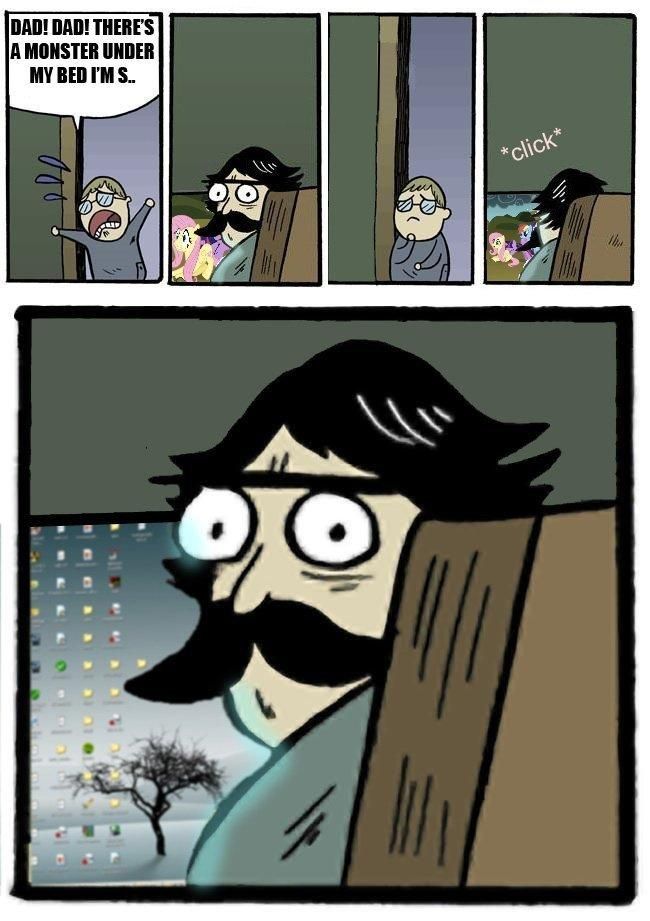 ”
”
The word Father seems to imply some distance, whether it’s total absence or just an emotional disconnect, and refers mostly to the biological connection all men share with their “offspring.”
However, there’s a contingent of people who don’t see it this way, instead preferring the term Father to refer to the provider and rock of the family.
In either case, there’s no right or wrong definition or meaning of either word, at least according to the dictionary.
So how do you see it? What’s the difference between a father and a dad in your opinion?
Now that you’re here, don’t miss my favorite dad-articles like:
- 9+ ways to be a better dad (according to science)
- Chores all dads should do or help with
- And scientific proof that being a stay-at-home dad is important work
Thanks for reading!
What Does It Mean To Be a Dad? – Dad Central
While it might seem obvious what “dad” means – a male parent (from Merriam-Webster’s dictionary), it’s often a lot harder to define the role of dad. If you’re a dad, it might also be challenging to actually describe what you do and what that means for you, your child(ren) and family.
If you’re a dad, it might also be challenging to actually describe what you do and what that means for you, your child(ren) and family.
To help clarify, we’re sharing an excerpt from our Involved Fathers booklet that explains, “What’s a dad for?”
Dad could mean a lot of things to a lot of people, so we think the best way to start is by thinking about what children need. After all, the definition is a male parent.
What Kids Need
Children need many things from their parents, but let’s break it down into the main pieces. They need:
- The necessities of life
- Human interaction
- Care and comfort
- Warmth and love
- Guidance and protection
- To be important to someone
All of these relate to the different roles that dads (and mothers) play. *Note we use the term dad and father interchangeably.
The Provider Dad (for the necessities of life)
This used to be a dad’s main role, and it’s still important. If kids don’t get the basics — food, clothing and shelter — some of the other things we’re going to talk about won’t seem to matter much. And although nowadays many mothers as well as fathers provide for their children, it’s still true that kids who don’t have a dad making a financial contribution are more likely to be poor. So working at a job which contributes to the family’s economic well-being is an important part of being a dad.
If kids don’t get the basics — food, clothing and shelter — some of the other things we’re going to talk about won’t seem to matter much. And although nowadays many mothers as well as fathers provide for their children, it’s still true that kids who don’t have a dad making a financial contribution are more likely to be poor. So working at a job which contributes to the family’s economic well-being is an important part of being a dad.
The Interactive Dad (for human interaction)
A child is a person, of course. And she learns how to be a person through human interaction that begins with parents and starts at birth. Kids learn communication skills, social rules, and values of their culture and/or religion by interacting with their parents and by watching parents interact with others. So, they need to be with us as much as possible. They need us to talk to them, play with them and make them a part of our world.
The Nurturing Dad (for care and comfort)
We hear a lot these days about how important it is to stimulate growing brains, but being smart doesn’t count for much if kids aren’t looked after and if they don’t feel good on the inside. Nurturing means helping someone or something to grow. In fact, it’s been shown that if babies aren’t held, stroked, and touched, they don’t develop normally. When you look after babies — change their diapers, comfort them, feed them and give them baths — in a warm and loving way, you can’t help but give them the kind of nurturing touch they need.
Nurturing means helping someone or something to grow. In fact, it’s been shown that if babies aren’t held, stroked, and touched, they don’t develop normally. When you look after babies — change their diapers, comfort them, feed them and give them baths — in a warm and loving way, you can’t help but give them the kind of nurturing touch they need.
The Affectionate Dad (for warmth and love)
Another part of parenthood is being in a relationship. Because it is your child’s first relationship, it is very important and needs to be filled with love and warmth. Fathers express affection in many ways. Hugs, smiles and kisses are the obvious ones, but this warmth is also expressed in the way you talk to your children, play with them and reassure them when they’re upset.
The Responsible Dad (for guidance and protection)
Young children need lots of guidance. Fathers need to share the responsibility for protecting and teaching them. We protect our children by providing safe homes, supervising them carefully, ensuring they get proper medical care and making sure they are well cared for when we aren’t with them. Parents are also a child’s first and most important teachers. We teach kids what to do and what not to do. We also show them the world and how it works, and help them pursue their interests.
Parents are also a child’s first and most important teachers. We teach kids what to do and what not to do. We also show them the world and how it works, and help them pursue their interests.
The Committed Dad (for being important to someone)
Along with everything else, kids need to know that they belong and that they are the most important thing in the world to somebody. That’s you. This commitment is something you need to communicate to your children, through your words and also by the way you relate to them when you are with them. It also involves a consciousness that stays with you all the time. You think of your children when you are away from them, you talk about them with your friends. No matter what else you may be doing, on some level you’re always aware that you are a father.
Share and Share Alike?
Fathers can play all of these roles. So can mothers. Exactly who does what for the kids will be a little different in every family. It doesn’t have to be a perfect 50/50 split. But the point is that children can get what they need from both parents. In the past, dads have tended to concentrate on providing, playing and teaching, leaving nurturing mainly to mothers. And we’ve tended to think that women are better at that. Well, there may be an instinct to nurture, but it’s mostly something that you learn through experience. Men can learn this too, and most who try, discover that it’s one of the best parts of being a parent.
It doesn’t have to be a perfect 50/50 split. But the point is that children can get what they need from both parents. In the past, dads have tended to concentrate on providing, playing and teaching, leaving nurturing mainly to mothers. And we’ve tended to think that women are better at that. Well, there may be an instinct to nurture, but it’s mostly something that you learn through experience. Men can learn this too, and most who try, discover that it’s one of the best parts of being a parent.
The Art of Being a Dad
It’s not just what you do, it’s how you do it. It’s not really enough to say, “Teach your children” or “Hug them” or “Play with them,” because you can do all these things well or do them in a way that’s not right for your child. How do you know what approach will be best for your individual child? The key is to know your child.
Watch and wait. Watch for how your child reacts and wait for her to show you what she is interested in. One baby may laugh when you make a silly noise, another may startle and burst into tears. One preschooler may want lots of hugs when he’s sad, another may want you close by, but not touching him. Attentive parenting is not an instinct. It’s something you learn, by paying attention to your child. It’s an education which never really ends since children keep changing as they grow.
One preschooler may want lots of hugs when he’s sad, another may want you close by, but not touching him. Attentive parenting is not an instinct. It’s something you learn, by paying attention to your child. It’s an education which never really ends since children keep changing as they grow.
The role you play as a dad in your family will depend on what your children are like, what you and your partner are like, and the type of work you both do. But it all starts with what your children need. And the more attention you pay to all their needs, the less you’ll be asking, “What’s my role?”
Dads, what do you think is your default dad role? How about the role you want to step into more? Please let us know in the comments.
To go deeper in your role as dad or improve in any of the areas your children need, download one of our free resources, read more of our blogs, or sign up for our free course Fatherhood Fundamentals.
Dad in the life of a child.
 Who is this dad?
Who is this dad? A father is a man who, together with his mother, gave birth to a child. It is also the external image that the child sees nearby, the aromas that dad brings from the outside world, these are the words and actions that dad does in a given situation.
A man can become a father who gave only life, or he can become a dad who changed its quality, who gave self-confidence and support! Dad is the one who taught something new, important and valuable. The Pope forms the idea of a Man. The way dad manifests himself in family relationships is very imprinted on the future of the child.
The role of the father is as important as the role of the mother! After all, the mother is responsible for the inner world of the child, and the father for the outer world - that's integrity. I wanted to write about my dad something “correct”, so psychological, but I sat down to write and ... it didn’t work out. After all, dad is a dad! There are no right dads! Every dad is unique and inimitable! Everyone has their own story of relationship with dad. Remember yours - those very emotional memories of dads? They can be completely different, filled with warmth for someone, resentment for someone. We don't choose dads, our moms chose them. They are - such as they are in our life ... or memory.
Remember yours - those very emotional memories of dads? They can be completely different, filled with warmth for someone, resentment for someone. We don't choose dads, our moms chose them. They are - such as they are in our life ... or memory.
What is your father like? How did he manifest himself in your childhood, what did he do or did not do? What was important to you as a child? What did you want? I remember... Dad is a beautiful image of a man, in ironed shirts and stylish shoes, who smells of a masculine fragrance and sometimes machine oil. Dad is big male hands with beautiful manicure and warm hugs, where a lot of tenderness lives. Dad is a delicious weekend breakfast for the whole family, dad is the one who washed my hair as a child so that I would not cry. Dad taught me how to swallow bad-tasting pills easily. And also - he taught me to fish - dirtying my hands, putting worms on a hook and sitting for a long time on the river bank in anticipation of a bite. Dad - these are gifts from business trips (little babies) and all the most delicious for us - children.
A father is someone who knows how to enjoy life. And for me, dad is a man who needs to be protected. I remember exactly that everything is different with dad than with mom. Dad was always not enough - he worked. My childhood memories associated with him are so rich and vivid. Why am I doing this? To the fact that the time of childhood ran away very quickly. And for me, the story with dad was formed exactly like that, which I am very glad about. And how many children are left without a history of relationships with their dad, for various reasons.
Nowadays, parents need to work a LOT to provide for the needs of their family. I am sad that somewhere in this race for money and false needs something important is being lost. Smiles, first steps, first words, holidays, matinees and competitions of the child are skipped. Work is more important. Many are afraid of losing her, because if you take time off several times, you can run into the anger of your boss. I am very glad that there are those who declare their right to be a parent - to be with a child when he needs it - on holidays and sick days.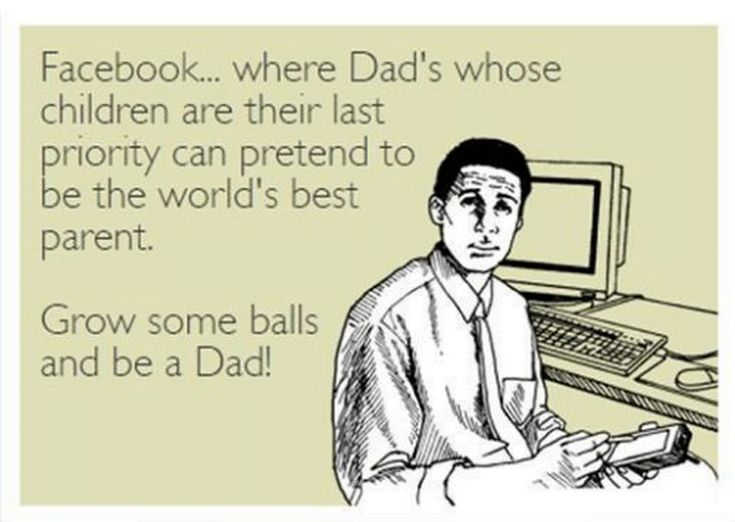
Family values are a priority. Not through “necessary”, but through “want”. It's always a choice. After all, you can’t return time and you can’t buy affection.
Is it possible to become a full-fledged dad to your own child in the schedule: work 20 hours a day, 7 days a week? What idea will the child form about the father? Most likely, this is a person who is always working, he is busy with something important, but he is not in my life. Surely in such situations, the child communicates with dad through mom. He does not know how to communicate with dad, and dad does not know how to communicate with his child.
Attachment and involvement is not formed. Money for shopping and entertainment. What do we buy? Love, joy, happiness? Buying the blame? Are shopping important for kids? Important! After all, if he buys, he loves, right? Is it love? Will gifts add happiness? A moment of pleasure from the fact that my parents noticed me.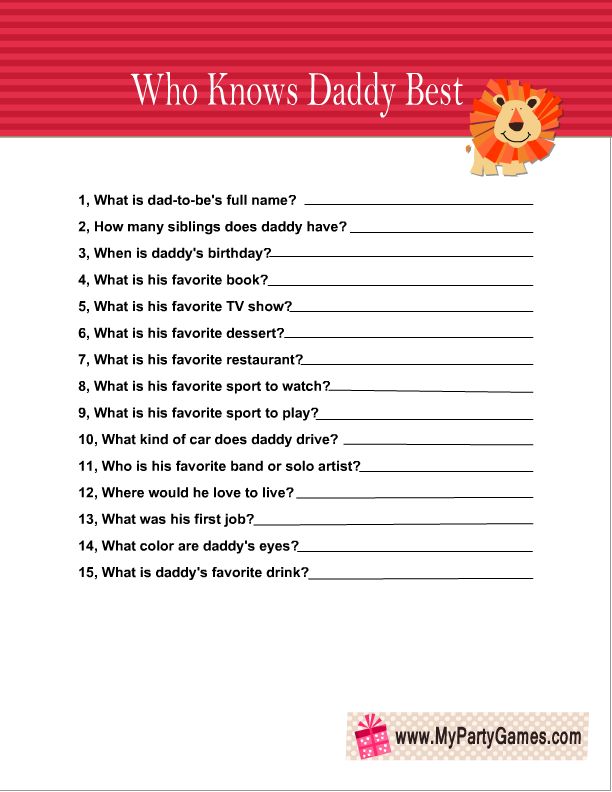 Where in this paragraph about parenthood? You can run all your life and try to buy everything for your children that we did not have - and the children will not appreciate it at all.
Where in this paragraph about parenthood? You can run all your life and try to buy everything for your children that we did not have - and the children will not appreciate it at all.
And then: Papa, where were you when I needed you so much? I don't remember you at all as a child? And no arguments, justifications will replace the child's presence of the pope in his life. He will grow up and go into the world with the image of the pope that remained in his memories or the illusion of the image. Mom. You know that a woman's "mom" instinct is built in from birth. Men do not have this feature. The process of attachment in men is formed through the time spent with the child. Here we are, different men and women. It is important to remember and understand this.
Dad invests his time, his resources - he values the relationship with the child and keeps in touch, feels his importance and significance, is realized in one of the main roles of his life. It seems to me that the rapprochement or separation of the father and the baby occurs at the expense of the mother.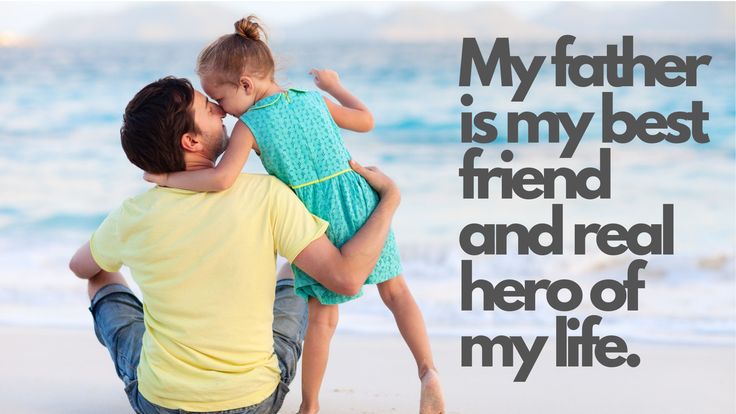 Since from birth she knows better what the child wants, understands and feels him, because she spends much more time with the child at birth than the father.
Since from birth she knows better what the child wants, understands and feels him, because she spends much more time with the child at birth than the father.
Quite often mothers have a know-it-all crown on their heads: This is the only way to do it and nothing else! I'm a mother, I know better. It is important to sometimes take off the crown and give it to dad. Remember, if you are told that you do something not so regularly, most likely you will not want to do anything at all. This applies to both adults and children. Think about how to make it so that you want to do something regularly and with mistakes? Mistakes are an experience and an opportunity to learn what we did not know before.
Do you know how to support your husband as a father?
- Leave them together!
– Do not interfere – leave, observe silently!
- Do not control - trust!
- To believe - the husband will cope!
– Support!
The husband will definitely cope, because he is DAD! Remember, you, too, did not know how to do everything at once.

Mothers often expect fathers to behave the same way with their children. But this is unrealistic, dad cannot be mom. The world of dad and child is a different world, with different rules of the game. Moms, let this world be the way dad builds it. It will not be like the world of mother and child, and this is such happiness, right?
You can read a lot of books about how it is “correct” for a husband to be a dad, and this knowledge will destroy everything. Or you can let your husband be himself, and the world of dad will spin around the child. Maintain the authority of the pope and his decisions, even the most irrational. Consult in matters of education, listen and be heard. After all, once you said to this man: Yes! And it was he who became the Pope to your child. Dad ... he is, or he is not. You decide and act. Dads to be!
Psychologist Oksana Ponomarenko
Dad in a child's life. Who is this dad?
Contents
- 1 Dad in the life of a child.
 Who is this dad?
Who is this dad? - 2 Real dad
- 2.1 Face contact
- 2.2 Emotional communication
- 2.3 Distant proximity
- 2.4 dad and mother - both indispensable people
- 3 footnotes
dad in the life of the child. Who is this dad?
Dad is not the one who brings money.
- Dad is a man, next to whom a child can safely try new things - jump from sofas, climb trees, ride the bus and pay the fare himself. Dad is nearby and he will reliably protect from many problems.
- Dad is a man, next to whom you want to be persistent and stubborn - to fasten the zipper yourself, learn how to tie your shoelaces, complete the task, pull yourself up on the horizontal bar. Dad teaches you to be persistent.
- Dad is a just man. There are understandable daddy's rules that a person, growing up, compares and brings into line with his "rules of life". The father brings universal rules into the life of the child.
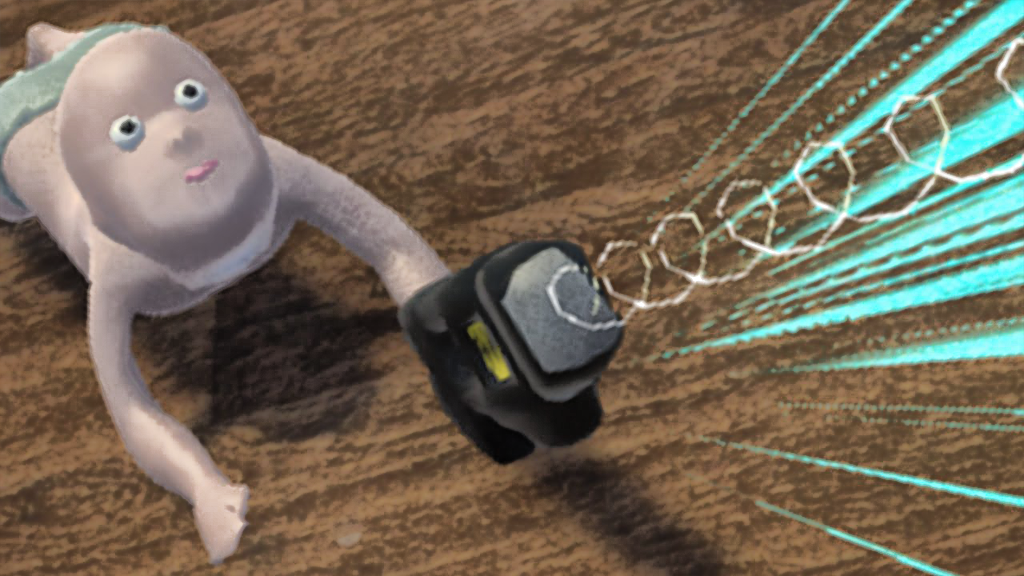
- Often dad is the last resort. Each child has his own “I’ll tell dad!” and “My dad told me.”
- A boy's dad is the man you want to be when you grow up. For a girl, dad is the husband you want to meet when you grow up.
Dad shows what it means to be a man.
Related article: What does the Bible say about a Christian father?
When the real dad is not present in the child's life, the child gets used to the "television dad" - images played by actors and musicians in movies and on stage. Happy stories about real people are boring to play, so the “TV dad” is usually either very aggressive or very weak.
The child begins to see his father as a vital person at the age of one and a half to two years. From this age, in the absence of communication with dad, the child will intensively look for a replacement for dad.
Real dad
To prevent this from happening, and the child continued to communicate with the real dad, we use:
Body contact
Body contact is the most tangible for a child.

You can wash the baby, you can roll it on yourself, throw it up (and catch it), play outdoor games or finger games. Believe me, in any apartment and room you can play “jump rope”, “bear and bear cub” or “horned goat”.
Real dad is physical contact!Dad can safely take the child in his arms or on his neck, if the child asks. In our practice, we have not seen cases of “my child stopped walking because he was often carried in his arms.”
Related article: What is the biblical view of domestic violence?
It is very important that in communication between father and daughter (or son) there is time that belongs only to the two of them. So mom will rest and dad will feel that he can be alone with the child, and the child will receive exactly dad's attention.
Emotional communication
Emotional communication between father and child.
Dad and child can eat together, get dad to work together, draw together, type on the computer, talk about what happened all day or about what is happening outside the window.
Even telephone and SKYPE communication can slightly reduce the deficit of father-child relationships.
Remote proximity
"Distant proximity" (when dad is far away).
Letters from dad to the child (or comics if the child doesn’t read yet), role-playing games “as if I were dad at work”, mom’s stories about dad, letters and drawings of the child for dad “so that dad would come and rejoiced."
Dad and mom are both irreplaceable people
Dad and mom are both irreplaceable people in the life and destiny of a boy and a girl.
Related article: What does the Bible say about raising children?
In the first five years, a child takes a huge step from a very tender baby to a small inhabitant of the Earth who can talk and read, walk and run, work, care and love. And then the little resident becomes bold, powerful, gentle and happy when he is surrounded by a strong, loving and happy family.
Making a family strong, loving and happy is a task that mom and dad can do together.
